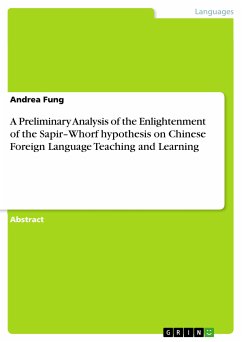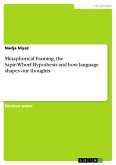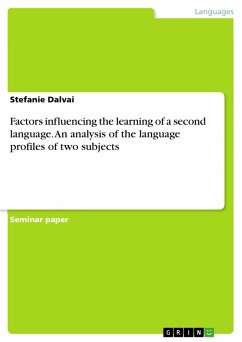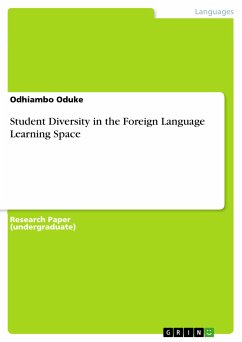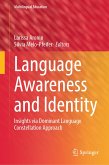Abstract from the year 2018 in the subject Speech Science / Linguistics, , language: English, abstract: This paper attempts to explore the enlightenment and guiding significance of the Sapir–Whorf hypothesis to Chinese foreign language teaching and foreign language learning from the perspective of how language shapes thought, in order to improve the development of foreign language teaching in China and foster a better foreign language learning, in aid of achieving a cross-cultural communication. The Sapir–Whorf hypothesis is an important theory for exploring the relationship between language and thoughts, and culture. It is a theory of great significance in linguistics in the last century. As a core part of the Sapir–Whorf hypothesis, “language determines thought” has not received much attention from the Chinese academic community. This paper in particular discusses foreign language teaching and learning on the ground of this hypothesis. Language does affect our way of thinking, but it does not determine human’s thought; the differences between languages are limited, and cross-language understanding is achievable. This provides a good direction and guidance for the teaching and learning of foreign language in China.

